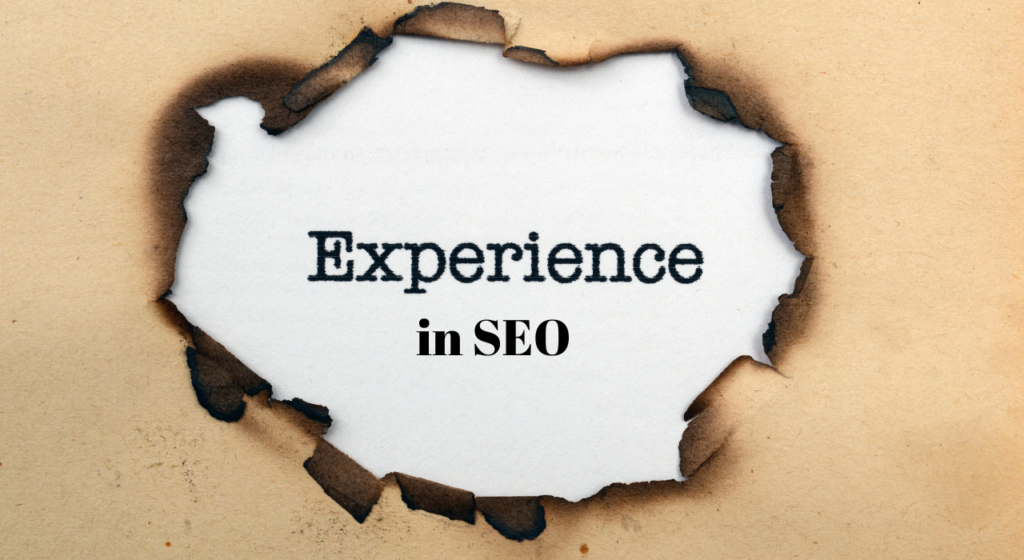Israel Gaudette Advocates Injecting Entities for EEAT, boasting a decade of experience in SEO, adeptly manages a diverse portfolio of affiliate sites while simultaneously overseeing an SEO agency catering to over 200 clients. His strategic focus spans content strategy, entity optimization, and semantic publishing techniques, all geared towards driving tangible results in the digital landscape.
In a recent episode of SirLinksalot’s SEO Podcast, hosts Chris and Nick engage in an insightful discussion with Israel. They delve into his expertise in affiliate site management, agency operations, and his innovative utilization of entities to enhance Expertise, Authoritativeness, and Trustworthiness (E-A-T) factors. Furthermore, the conversation delves into the profound influence of artificial intelligence on the ever-evolving SEO industry.
If you believe you could contribute to our podcast or have suggestions for potential featured guests, we encourage you to visit our podcast discovery page and share your insights.

Transitioning from affiliate to client work: Reasons behind the shift in focus. Advocates Injecting Entities for EEAT
Venturing into affiliate marketing can be quite a rollercoaster ride. To attain more stability, diversifying income streams becomes imperative. In 2020, I made a strategic move by selling off nearly all my website portfolio and pivoted towards establishing a link-building agency. Initially, I tapped into my Facebook network to offer link services, gradually expanding our clientele base beyond geographical boundaries. As the business flourished, a significant chunk of my time got consumed in team management. However, the bulk of my daily activities now revolves around intensive data analysis and gearing up for the imminent launch of our innovative software solution.
“Do you employ artificial intelligence for programming tasks?”
I leverage artificial intelligence technology to train models, particularly for generating code snippets tailored for WordPress development. Collaboratively, I engage with two distinct agencies specialized in software coding.

The Significance of Entity Extraction and Annotation Tools (EEAT) in Semantic Publishing.
EEAT, employed by Google, serves as a method to discern the credibility of information on the web. The initial “E” stands for Expertise, indicating the necessity of showcasing the reliability of the source, typically achieved through features such as a comprehensive bio page, active engagement on social media platforms, and the publication of ebooks attributed to the author on platforms like Google Books or Amazon Kindle. Following this, the second “E,” Experience, underscores the importance of demonstrating a sustained presence and involvement within the respective domain. Moving forward, “A” represents Authoritativeness, emphasizing the significance of authorial authority on the specific subjects addressed within the website’s content, rather than mere domain authority. Finally, “T” denotes Trust, indicating to Google the authenticity of the entity behind the website, typically established through transparent About and Contact pages, inclusion of relevant links in the footer, and provision of legal information in the schema markup.
What are “entities,” and why do they hold significance? Advocates Injecting Entities for EEAT
Entities have become increasingly important in search engine optimization strategies, moving beyond mere keywords. In various knowledge domains like music or movies, entities play a crucial role. Personally, I rely heavily on Wikipedia for sourcing entities. When structuring my schema, I ensure that the pertinent entities are clearly associated with my content. This approach enables search engine crawlers to immediately grasp the topic of my content without any ambiguity, thereby enhancing its ranking potential. Leveraging entities offers significant advantages. I integrate them into my backlinks, content, schema, and orders. For instance, when creating backlinks, I analyze the prominent entities on my target page and cross-reference them with Wikipedia. This allows me to align the topics more closely, reducing the semantic gap between them. Additionally, I incorporate these entities into anchor texts to further optimize relevance and coherence.

The central theme of my recent article on EEAT was to explore its significance and implications.
I proposed a method for enhancing your authorship credibility by analyzing your content to identify key entities relevant to the main themes. By incorporating these entities into your bio’s expertise sections and including them in the “knows about” field in your schema orders, you can demonstrate your expertise in your niche to search engines like Google. It’s crucial to maintain relevance to your articles’ topics to avoid diluting your expertise. This strategy not only enhances visibility but also provides long-term stability for your affiliate portfolio, making it particularly appealing for those who prioritize risk mitigation. For detailed insights, you can refer to the article available at https://israelgaudette.com/how-to-boost-eeat-for-your-authors/.
Achieving this task without a predefined structure
Utilizing semantic relationships via backlinks or incorporating entities into content can enhance its depth and relevance without resorting to plagiarism.
Will schema injections become obsolete as Google’s algorithms advance and geotagging for local SEO loses relevance?
Implementing schema injections isn’t about relying on magic tricks. It’s about providing Google with clear, unambiguous information. By avoiding any dependence on irrelevant entities, you increase the likelihood of your content being shown to users who are genuinely interested. Personally, I err on the side of caution and utilize schema approaches to ensure that the audience understands the precise nature of my content. I’ve observed significant improvements in my cluster’s performance after implementing this schema. Although conclusive data is lacking, I’ve noticed a positive impact on rankings through this strategy.
How AI integrates into your workflow Advocates Injecting Entities for EEAT
I rely on manual writing because I believe humans have a better grasp of what other humans want, especially when informed by real-time data. However, I heavily utilize AI for data analysis purposes. For instance, I leverage tools like Memory.ai to scrutinize project review guidelines and Helpful Content guidelines for my affiliate content. By analyzing these guidelines alongside my content, I receive recommendations to ensure alignment with Google’s standards. Additionally, AI assists me in identifying NLP-friendly anchor text backlinks to enhance Google optimization. These capabilities are invaluable for tasks such as rewriting FAQs, crafting text for backlinks, and generating feature snippets.
AI platforms I utilize include BetterGPT, along with others, with BetterGPT being my most frequently used one
For tasks within the 4000-token limit, I rely on ChatGPT 4 Plus. When dealing with larger tasks, I turn to BetterGPT. For crafting meta descriptions and suggesting titles, I find Playground AI to be more proficient compared to ChatGPT.

The Impact of AI on the SEO Industry: A Perspective
Many individuals express fear about the increasing automation driven by AI in the coming years. However, I don’t share this concern as I prefer to focus on taking each day as it comes. In general, I’m quite content with the current state of AI technology.
Guidance for Beginners in SEO for 2023. Advocates Injecting Entities for EEAT
In an era where the demand for quality content is constantly escalating, the differentiating factor lies in links. The landscape of the links industry is set to perpetually expand, underlining its enduring significance. Conversely, the future appears bleak for inexpensive content writing agencies, as AI capabilities now surpass their services in terms of cost-effectiveness and efficiency.
Are you interested in SEO Endeavors